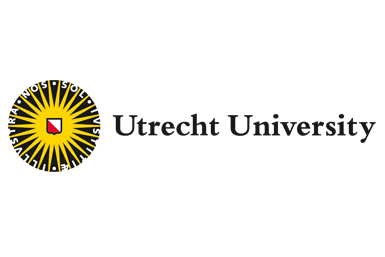Utrecht University: Method can help develop new corona tests
Unique piece of genetic code SARS-CoV-2 found quickly via deep learning
Pharmaceutical researchers from, among others, Utrecht University have developed a deep learning method with which a unique piece of the genetic code of SARS-CoV-2 was identified. This new method makes it possible to design new diagnostic tools for measuring the virus and possibly mutation more rapid and accurately. This can help in the management of a future pandemic. The research will be published in Nature Scientific Reports soon.
In publicly available datasets of the genetic code of SARS-CoV-2, scientists from the Netherlands, France and Mexico found exactly that piece of RNA that is characteristic for this specific corona virus and that is not present in other corona viruses or other humane viruses. Data scientist dr. Alejandro Lopez-Rincon, affiliated with the Utrecht Institute of Pharmaceutical Sciences, initiated the research. “It is a sequence of 21 letters within a long row of 30 thousand letters of the virus that has been identified by the computer.”
Under the supervision of prof. Aletta Kraneveld, the team designed a so-called primer set – called ‘Utrecht U’ – which can be used in the molecular PCR test to measure the identified specific piece of SARS-CoV-2 RNA.
Coronavirus, covid
Unique sequence of British variant in 16 hours
With this new computational method, it is also possible to develop tools to identify mutations quickly. Lopez-Rincon: “This past week, we succeeded in finding a unique piece of the genetic code for B.1.1.7 SARS-CoV-2, in the Netherlands known as the British variant of the virus, and designed a primer set within 16 hours. The primer set could be validated in PCR tests to be able to distinguish between SARS-CoV2 variants and the maybe more contagious British variant.”
Already, the recipe for the primer set, that can be used in a PCR test for measuring the mutated virus, has been made available online. “Labs in the UK, Canada and Pakistan have announced that they want to identify the British variant of the virus using the new primer set,” says Kraneveld.
For the development of their new method, the scientists worked with genetic viral datasets of around 550 corona virus infected people, including SARS-CoV-2. By now, the method is completely automated and thus, from now on, based on datasets with viral sequences of only a few dozen people they can identify a unique piece of the genetic code of a new virus and design primer sets for PCR tests. Kraneveld: “The deep learning method provides us with extra tools for the rapid and accurate development of tests for new viruses. That is of extreme importance.”

